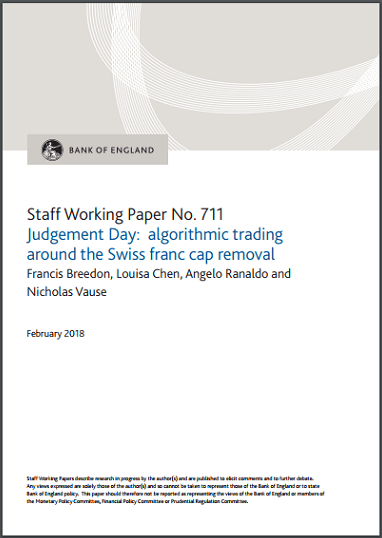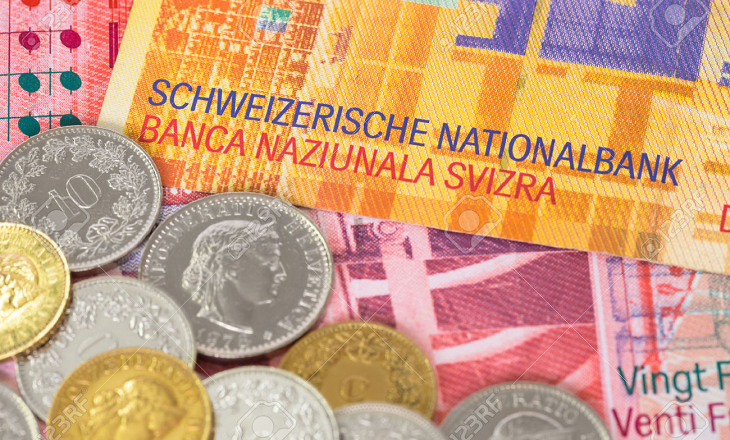Clearly, the most seminal moment of the past five years in the Forex trading industry was January 15, 2015. Often still referred to in currency trading circles as Black Thursday, 15/01/2015 was the day that the Swiss National Bank decided to surprise the markets by stating that it would no longer support the Euro against the Swiss Franc, removing what had been an implied EURCHF 1.20 floor.
The CHF immediately spiked by more than 20% – by how much exactly is still a matter of debate, due to the sudden parallel loss in market liquidity – making huge winners of some and losers of others.
However most FX brokers were losers. They had to pay out to all the winners, but could not collect from the losers, who were trading with leverage.
In its wake, the Swiss Franc crisis put some venerable FX brokerages out of business, most notably Alpari UK and LQD Markets. It nearly bankrupted one of the biggest Retail FX brokers, FXCM, which is still essentially paying for what happened that day. And it led to large (but manageable) losses for IG Group Holdings plc (LON:IGG) and Saxo Bank, which went out to raise capital soon after.
The SNB’s surprise announcement, which obviously caught the currency markets off guard, was to blame for what happened. But were things made even worse because of the way traders reacted? How about how computerized trading “reacted” that day?

A key issue raised by the study is the rapid growth of computerized algorithmic ‘algo’ trading, and how it responds in extreme situations. Using data on foreign exchange orders and transactions that includes identification of algo trading, the study found that algo trading contributed to the deterioration of market quality following the removal of the cap on the Swiss Franc that day, which as noted was an event that came as a complete surprise to market participants.
In particular, the study found that algo traders withdrew liquidity and generated uninformative volatility in Swiss Franc currency pairs, while human traders did the opposite. However, no evidence was found that algo trading propagated these adverse effects on market quality to other currency pairs, which were also sent into very volatile action that day.
According to the authors, the study delivers two important findings. First, in reaction to the Swiss franc event, they found that algo trading tended to consume liquidity and reinforce the price disruption. Opposite and offsetting patterns apply for human traders, who supported market quality by providing liquidity and aiding price discovery.
Second, they found that this market quality degradation coming from algo and computerized trading was concentrated in the shocked FX rate (EUR/CHF) and, to a lesser extent, USD/CHF. Non-CHF currency pairs (USD/JPY, EUR/JPY and EUR/USD in the sample) were essentially
unaffected. This suggests that algo trading models were somewhat compartmentalized, which, along with human trading, helped to sustain market quality beyond the CHF currency pairs.
The complete BoE study on the Swiss Franc crisis and the effects of human versus algo trading can be seen here.
